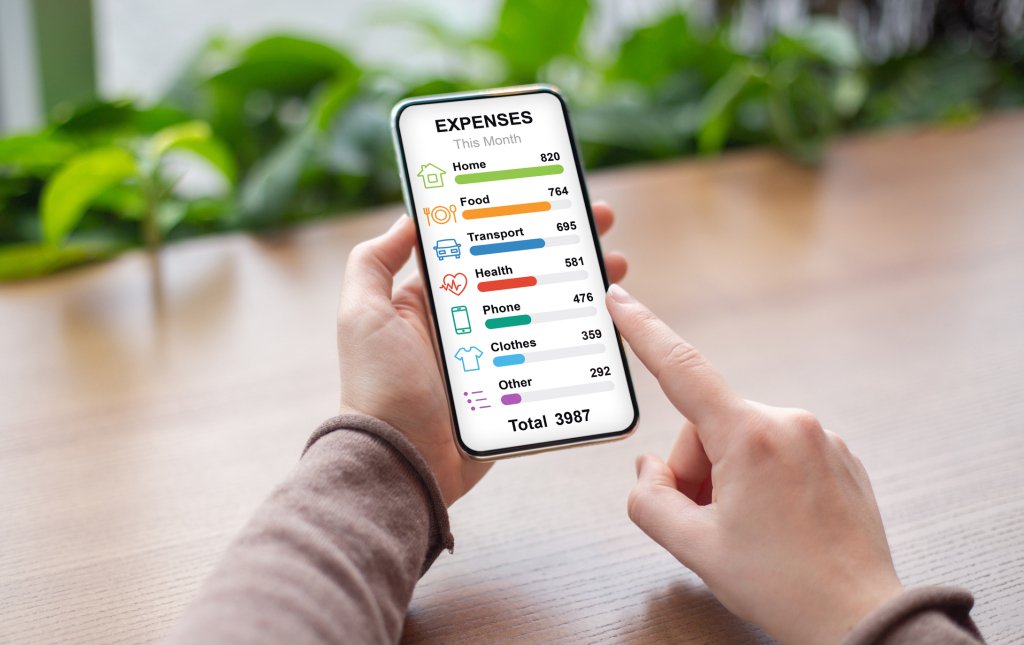Your credit score might seem like something to worry about “later,” but the truth is: the earlier you start building credit, the better off you’ll be. A good credit score affects everything from renting an apartment to buying a car, and even landing certain jobs. The good news? Building credit while you’re young is totally doable — and smart.
Here’s how to start building credit the right way, without falling into debt or making common mistakes.
What Is Credit and Why Does It Matter?
Credit is a system that measures your ability to borrow money and pay it back. It’s represented by a credit score, usually ranging from 300 to 850.
Why Your Credit Score Is Important:
- Helps you get approved for loans and credit cards
- Qualifies you for lower interest rates
- Impacts your ability to rent an apartment or buy a car
- May be reviewed by employers during job applications
- Affects your insurance premiums
Starting early gives you a head start toward achieving financial independence.
Step 1: Understand the Components of a Credit Score
Your credit score is based on five main factors:
- Payment History (35%) – Do you pay on time?
- Amounts Owed (30%) – How much of your credit limit are you using?
- Length of Credit History (15%) – How long have you had credit?
- Credit Mix (10%) – Do you have different types of credit (loans, cards)?
- New Credit (10%) – Have you recently applied for credit?
Focus on building a strong foundation with on-time payments and low usage.
Step 2: Open a Starter Credit Card
One of the easiest ways to build credit is by getting a credit card — but the key is using it responsibly.
Options for Young People:
- Secured Credit Card: Requires a deposit (usually $200–$500), acts as your limit. Great for first-timers.
- Student Credit Card: Designed for college students with little or no credit history.
- Authorized User: Ask a trusted parent or family member to add you to their card (they don’t have to give you access to it).
Tip: Look for a card with no annual fee and credit reporting to all three bureaus (Experian, Equifax, TransUnion).
Step 3: Use Your Card Wisely
Opening a card is only step one. How you use it determines how your score grows.
Best Practices:
- Make small purchases (like gas or Netflix).
- Always pay the full balance before the due date.
- Use less than 30% of your credit limit — less than 10% is even better.
- Avoid cash advances — they come with high fees and interest.
Set up automatic payments or calendar reminders so you never miss a due date.
Step 4: Monitor Your Credit Score Regularly
Checking your credit score doesn’t hurt it — and it’s one of the best ways to stay in control.
How to Check Your Score for Free:
- Use apps like Credit Karma, Experian, or Credit Sesame
- Some credit cards offer free FICO score tracking
- Visit AnnualCreditReport.com for a full credit report from each bureau (once a year)
Watch for:
- Errors or fraud
- Sudden drops in score
- Changes to your credit utilization or account status
Step 5: Avoid These Common Credit Mistakes
Young adults often make credit missteps that can take years to fix. Avoid these traps:
- Paying only the minimum: Always pay your balance in full.
- Applying for too many cards: Each application causes a “hard inquiry” and can lower your score.
- Maxing out your card: High usage signals risk to lenders.
- Missing payments: Even one late payment can hurt your score for years.
Your credit history follows you — so treat it with care.
Step 6: Consider a Credit-Builder Loan
If you’re not ready for a credit card, a credit-builder loan is another great option.
How It Works:
- You “borrow” a small amount (e.g., $300–$1,000) held in a bank account.
- You make monthly payments over 6–24 months.
- Once the loan is repaid, the money is released to you.
These loans are offered by credit unions, community banks, and online lenders — and they report your payments to credit bureaus.
Step 7: Keep Old Accounts Open
Length of credit history plays a role in your score. The longer your accounts stay open (and in good standing), the better.
What Not to Do:
- Don’t close your first credit card, even if you don’t use it often.
- Keep your accounts active with small recurring charges.
Having older accounts boosts your average credit age, which improves your score.
Step 8: Use Credit Only When You Need It
Remember, the goal is to build credit, not to build debt. Avoid buying things you can’t afford just to “use your card.”
Smart Uses of Credit:
- Monthly subscriptions you already pay for
- Gas or groceries (if you pay in full)
- Booking hotels or rental cars (credit cards often offer protection)
Use your card like a debit card — not as extra cash.
Final Thoughts: Start Small, Think Long-Term
Credit isn’t about how much money you have — it’s about how you manage it. Building credit while you’re young is one of the smartest financial moves you can make. It takes time, patience, and discipline — but the rewards are worth it.
Make it a habit to:
- Pay on time
- Keep balances low
- Monitor your credit
- Avoid unnecessary debt
Do this consistently, and by the time you’re ready for big milestones — a car, an apartment, a house — you’ll be financially prepared and ahead of the game.
in God we trust

